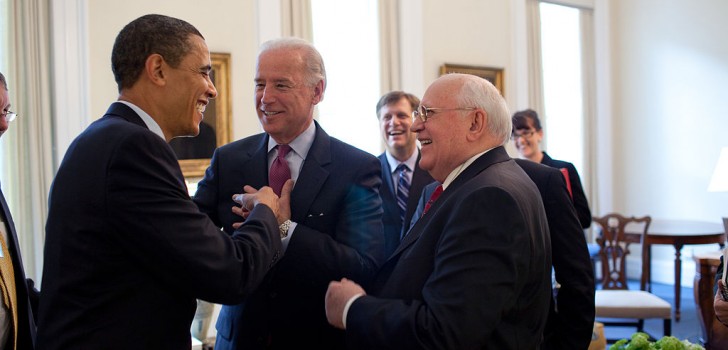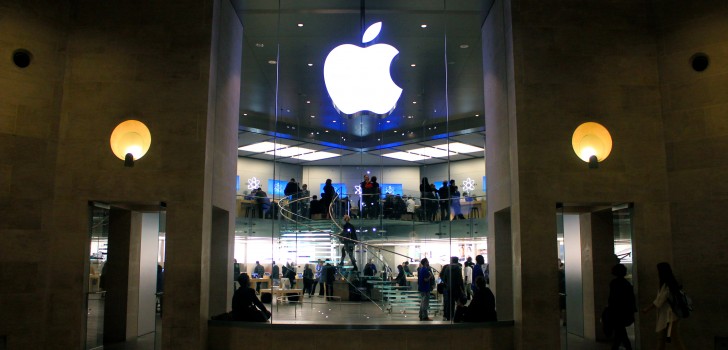As Russia and China ramp up their military presence in the resource-rich Arctic, various United States agencies also are quickly trying to establish increased intelligence in the area – at a level not seen since the Cold War.
For the first time, five Chinese warships recently were spotted in the Bering Sea travelling between Alaska and Russia. United States officials say that the ships were abiding by international law, but they passed Alaska at a time when President Obama was visiting the state, which some see as China sending a message. Chinese President Xi Jinping is scheduled to visit the White House later this month.
The United States did not respond to the incident, likely so as not to raise tensions between the two countries. United States Chief of naval operations, Admiral Jonathan Greenert, stated in an interview with Reuters that, “[China] already had one of their icebreakers up in that area, and they weren’t that far away with an exercise and they’ve already started their return transit.”
Nonetheless the incident is noteworthy.
A spokesman for the U.S. State Department, Mark Toner, was quoted as stating, “This is certainly the first time we have observed Chinese navy ships in the Bering Sea, but that said, we do certainly respect the freedom of all nations to operate military vessels in international waters in accordance with international law.”
Despite the seemingly innocuous incident, it underscores the effort that U.S. intelligence agencies have taken over the past year – including assigning several analysts to work full time on studying the Arctic region for weaknesses and possible threats.
The increased attention that several countries are directing toward the Arctic comes as global warming opens new sea lanes for travel – thereby setting off a race for the largely untapped natural resources found in the area. Several nations actively are pursuing jurisdiction over the Arctic seabed.
The U.S. focus primarily is aimed at Russia’s increased military buildup in the Arctic region occurring under President Vladimir Putin. The Russian government announced its plans last year to reopen several former Soviet-era military bases in the region, including airfields, that were closed after the Soviet Union collapsed.
Alaska Governor Bill Walker has expressed his concern that the U.S. is closing bases and reducing troop numbers while Russia is rebuilding its military to a size that has not been seen in several years. He stated that, “It’s the biggest buildup of the Russian military since the Cold War. They’re reopening 10 bases and building four more, and they’re all in the Arctic, so here we are in the middle of the pond, feeling a little bit uncomfortable with the [United States] military drawdown.”
The United States is, however, sharing intelligence with Canada and assisting its northern neighbor in refurbishing a listening post about 500 miles from the North Pole. The post once employed a system of radar stations that observed the area and kept lookout for incoming Russian bombers and missiles. The U.S. is also upgrading the advanced spy shift, the Marjata, built to collect electronic intelligence. It is scheduled to travel to the Atlantic side of the Arctic in November for the purpose of eavesdropping on Russian military movements.
Despite the flurry of activity taking place by all of these countries, the Office of Naval Research stresses that we should not be too worried. Official Scott Harper stated that, “We’re not storming into the Arctic; it’s not a crisis. But we’re doing research that will determine how our systems will work properly if and when we do.”













